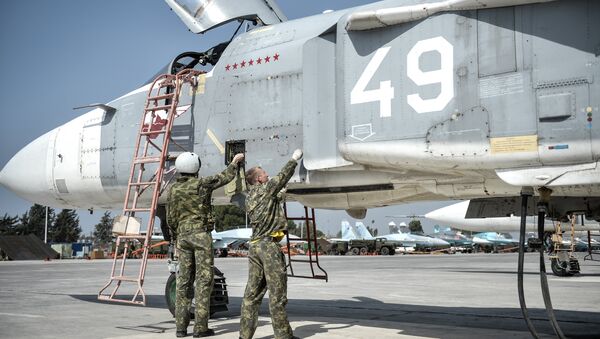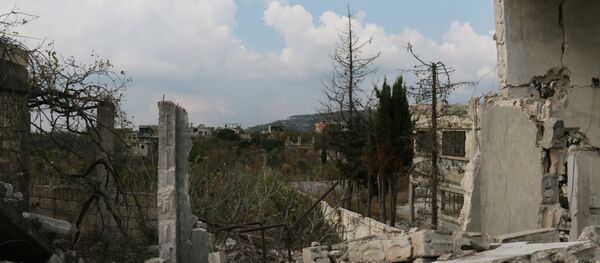In an interview with RT, he pointed specifically to Russia's air campaign, which had been backing the Syrian Army's anti-terror effort.
"We should bear in mind that the political settlement of the conflict would have been out of the question but for Russia's air support of Syria's government forces. This finally forced the terrorists to shift to defensive actions," Jatras said.
He was echoed by political analyst John Wight, who told RT that the Russian air strikes on terrorists added significantly to boosting the Syrian Army's morale, which he said helped change the situation in favor of Syria's government troops.
"Now, all attention will be focused on Geneva, where a new round of the Syria peace talks will take place," he pointed out.
The resumption of these talks became possible only thanks to President Putin's decision to start pulling out Russia's Aerospace Forces from Syria, according to another political analyst, Catherine Shakdam.
Speaking to RT, she said that Putin's move is aimed to de-escalate the situation in the region.
"This is an attempt to again start resolving the Syrian conflict by political means. President Putin and Russia know full well that they should not be involved in a full-fledged war, especially if this war is not the ultimate goal," she said.
Bruno Gollnisch, a MEP from France's National Front party, stated that this decision underscores Putin's willingness to be engaged in a dialogue with the international community.
"I believe that Vladimir Putin is absolutely right that he decided to begin the withdrawal of Russian troops from Syria. This only proves that the global community should conduct a dialogue with Putin rather than isolate him," Gollnisch said.
Moscow will, however, maintain a military presence in Syria, and a deadline for a complete pullout has not yet been announced. Putin also indicated that Russian forces will remain at the port of Tartus and Hmeymim airbase in Latakia.




